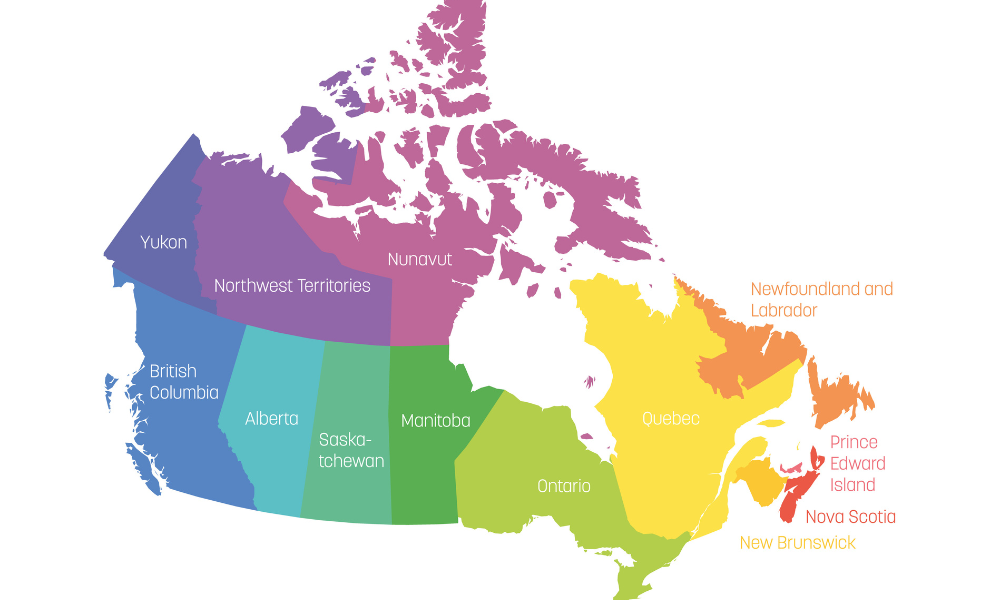
New legislation aims to eliminate interprovincial trade restrictions, offer new supports to business

Ontario is taking aim at domestic trade barriers with a landmark piece of legislation that could reshape how goods, services, and certified workers move across Canada.
On April 16, the provincial government introduced the Protect Ontario Through Free Trade Within Canada Act — a proposal that, if passed, would eliminate costly interprovincial trade restrictions, create new job opportunities, and offer new supports to businesses looking to expand into national markets.
“For too long, we’ve let red tape and endless regulations hold back our economy,” Premier Doug Ford said in a statement. “This legislation will make Ontario a national leader when it comes to trade between provinces and territories.”
According to the government, trade barriers in Canada cost the economy $20 billion each year and lower the gross domestic product by 8 per cent. Additionally, they lead to increases in the cost of goods and services Ontario families rely on.
Ontario is Canada’s largest interprovincial trader and has one of the highest levels of purchasing power in the world. This new legislation will tear down those barriers and help Canada reach its full economic potential during this time of an increasingly unstable global market, say officials.
To make these the reforms happen the province will be providing a $50-million Ontario Together Trade Fund to help businesses re-shore supply chains, reach more customers across Canada, and reduce reliance on global markets.
To further these efforts, Ontario will also be signing reciprocal trade memorandums of understanding (MOUs) with Nova Scotia and New Brunswick to remove interprovincial trade barriers between them. Provinces signing the agreements commit to mutual recognition of goods, services, and workers — meaning if it’s approved in one province, it’s approved in the other.
The deals also open the door for “direct-to-consumer" alcohol sales between provinces and lay the groundwork for similar partnerships elsewhere in the country.
Leaders in both Atlantic provinces have welcomed the move.
“This action says a lot about our commitment to fairness for workers, opportunities for businesses, and respect for Canadians' right to move and trade freely across their own country,” said Nova Scotia Premier Tim Houston.
Ontario’s legislation includes several key measures such as:
“Ontario is leading the way when it comes to free trade within Canada, and we’re pleased to work with our partners across the country to get it done,” says Vic Fedeli, Minister of Economic Development, Job Creation and Trade.